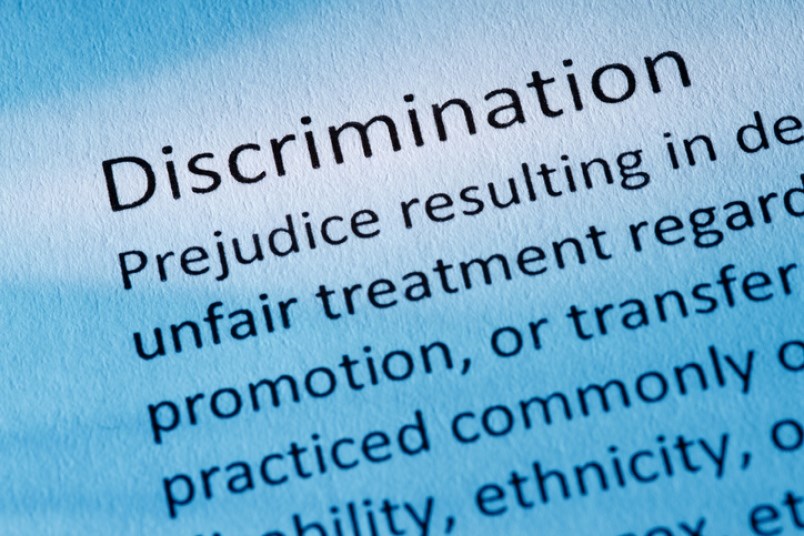Last month, Research Co. and Glacier Media studied the views of Canadians on multiculturalism and racism.
We found that a significant proportion of the country’s residents endorse the concept of the mosaic, but we also learned that significant proportions of Canadians – particularly those of African and First Nations origin – have endured or witnessed racism in Canada.
The same survey allowed us to look at the perceptions of Canadians on systemic discrimination and human rights. The results outline a public that is keenly aware of the two overarching themes, but skeptical about the judgment of the rest of the population and oblivious to potential solutions.
Discussions about systemic discrimination have grown louder over the course of the past two years, fuelled by specific incidents that have garnered national and international coverage. These include the existence of long-term drinking water advisories in First Nations communities and the flawed race-based arrest of retired judge Selwyn Romilly in Vancouver.
Across the country, just over three in four Canadians (76%) say they know what systemic discrimination is – a proportion that jumps to 80% among those aged 55 and over and to 78% in Ontario.
When Canadians are asked if most residents of the country have a sense of what systemic discrimination is, the skepticism becomes evident. Only 50% of respondents to the survey agree with this statement, representing a 26-point gap between what we claim to know ourselves and what we assume the people around us are aware of.
This is a consistent problem on issues related to race: the belief that our fellow citizens lack our personal appreciation. When Barack Obama first ran for president in the United States in 2008, surveys showed a great disparity when Americans were asked if they would vote for an African American candidate and if they thought their neighbours would do so.
Still, when asked if systemic discrimination is a problem in the country, almost two-thirds of Canadians (64%) believe it is, while 24% disagree and 13% are undecided. Respondents of European and East Asian descent are at the bottom of the list on this question (63% and 65% respectively), but the incidence rises among those whose origins are First Nations (70%), South Asian (71%), Southeast Asian (72%) and African (86%).
A similar disconnect emerges when Canadians are asked about human rights. Three in four respondents (75%) say they know when their human rights have been violated, while 14% are unaware and 12% are not sure.
In spite of the fact that discussions about human rights have grown dramatically in recent years – particularly inside Canada’s classrooms – there is a marked generational split. Canadians aged 18 to 34 are less likely to identify when they have been wronged (64%) than those aged 35 to 54 and aged 55 and over (77% for each group).
There is a significant difference when Canadians are asked about how they would act if they were to face a threat. Only 45% of respondents to this survey say they know who to contact to file a human rights complaint, leaving a majority of Canadians (55%) either unaware or uncertain.
Majorities of Canadians whose origins are South Asian (66%), First Nations (60%), Southeast Asian (56%) and African (55%) say they know who to talk to in the event their human rights are violated. The proportion is significantly lower among Canadians of European (44%) and East Asian (37%) descent.
It is important to note that information about what to do has not travelled uniformly across the country. Half of Ontarians (50%) say they know who to contact to file a human rights complaint, but the proportion is smaller in other provinces, reaching a Canada-wide low of 36% in Alberta.
When we asked Canadians about experiencing and witnessing racism, the numbers were not extraordinarily different. On these two other topics, there are deep divides. We tend to see ourselves as more knowledgeable than other fellow Canadians on systemic discrimination, and do not agree universally on the current state of affairs. And while we claim to know when our human rights have been violated, fewer than half of us would actually know what to do about it.
Mario Canseco is president of Research Co.
Results are based on an online survey conducted from July 9 to July 18, 2020, among 2,000 adults in Canada. The data has been statistically weighted according to Canadian census figures for age, gender and region in Canada. The margin of error, which measures sample variability, is plus or minus 2.2 percentage points, 19 times out of 20.




